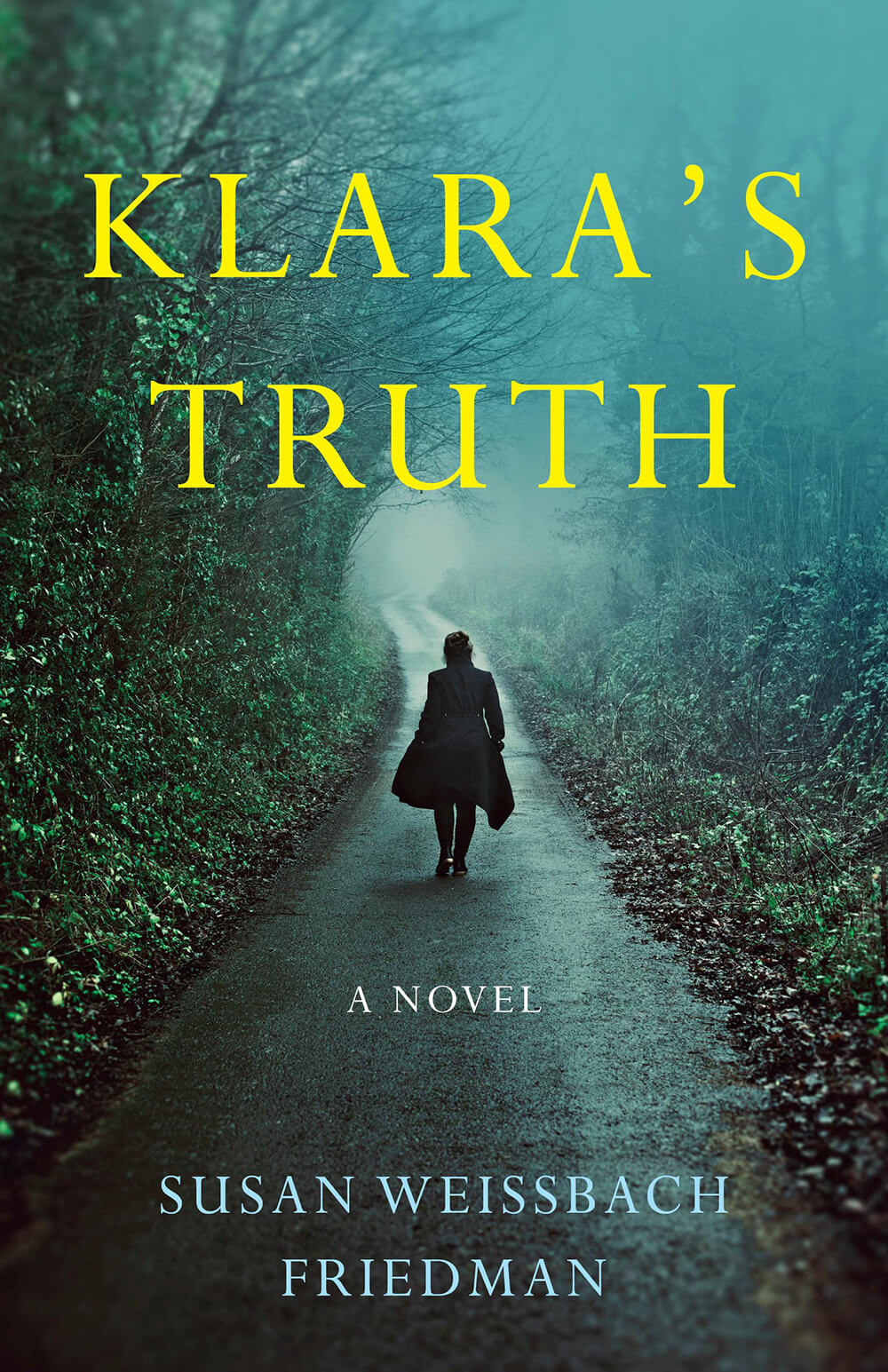Discussion Questions for Klara’s Truth
- What do you think about how Klara handles her situation with her mother? Knowing Klara’s story and her history with her mother, do you think she could have done anything differently? How does it mirror or differ from your own relationship with your mother?
- Klara long had no answers about her father’s whereabouts. She stopped asking her mother and grandfather questions about him many years earlier, as they discouraged any discussion of him. What do you think about the fact that she also consciously buried his abrupt departure, which felt like an abandonment, within her own mind?
- Klara’s mother, Bessie, would not listen to her daughter’s complaints about their family friend, Jacob Herschler. In Bessie’s mind, he could do no wrong, so much so that she could never make space for her daughter to open up to her. Klara was forced to shut down any dialogue about him. Why do you think Bessie did this, and what were the emotional repercussions for Klara and her relationship with her mother? Do you think this is something that could only have happened 50 years ago or could it still happen today?
- Klara took all her energy, and put it into studying, and later teaching and researching as an academic. How did her history of neglect, abuse, and abandonment play into her later in life personal and career choices at age 42 when she made a move from Boston to Maine? Can you relate to her pushing herself as hard as she was, doing so little to take care of herself? What are some ways you’ve ignored your own needs? What are some ways you’ve learned to take care of yourself?
- Losing a parent at any age is devastating. Losing one at six years old is brutal. Not knowing why one’s parent left is unthinkable. How did the traumatic loss of Klara’s father, the only adult who truly showed her love, shape her feelings toward romantic relationships? How specifically did it affect her relationship with Filip?
- Klara’s mother made sure she remained isolated from other children, not allowing her daughter to have play dates or sleepovers as a child. Her mother considered the weekends to be family time. Without her father, her only outlet was reading, art, and her imagination. How do you think this affected Klara’s ability to socialize with other children and later teens? How much of Klara’s isolation was due to her mother’s own peculiar attitudes toward her and her ideas about child-rearing in general? What were the norms for raising children in the 1960s and 1970’s? How do they differ from our perception of what we consider healthy in child-rearing today?
- Why do you think Klara’s cousin, Hannah, makes it so difficult for her to see her mother, Klara’s aunt, Rachel? Do you agree with her stance given that Klara had never tried to reach out to Rachel before, and that Hannah was trying to protect her mother who was elderly and a Holocaust survivor, or would you, in Hannah’s position, have made other choices?
- What do you think about Klara and Hannah’s jealousy of one another over Rachel—Klara’s wish that she could have had a mother like Hannah’s, and Hannah’s envy of Klara for being the ideal prodigal, her mother’s niece and the only connection to her original family her mother still had?
- Klara begins as a lonely, disconnected woman, and through her journey to Poland to find her father’s family, she evolves into a more embodied person. What do you think about her emotional trajectory? As you came to know and understand her better, how did your own feelings toward her change?
- What do you think happens to Klara after the book ends? What do you want her story to be?
